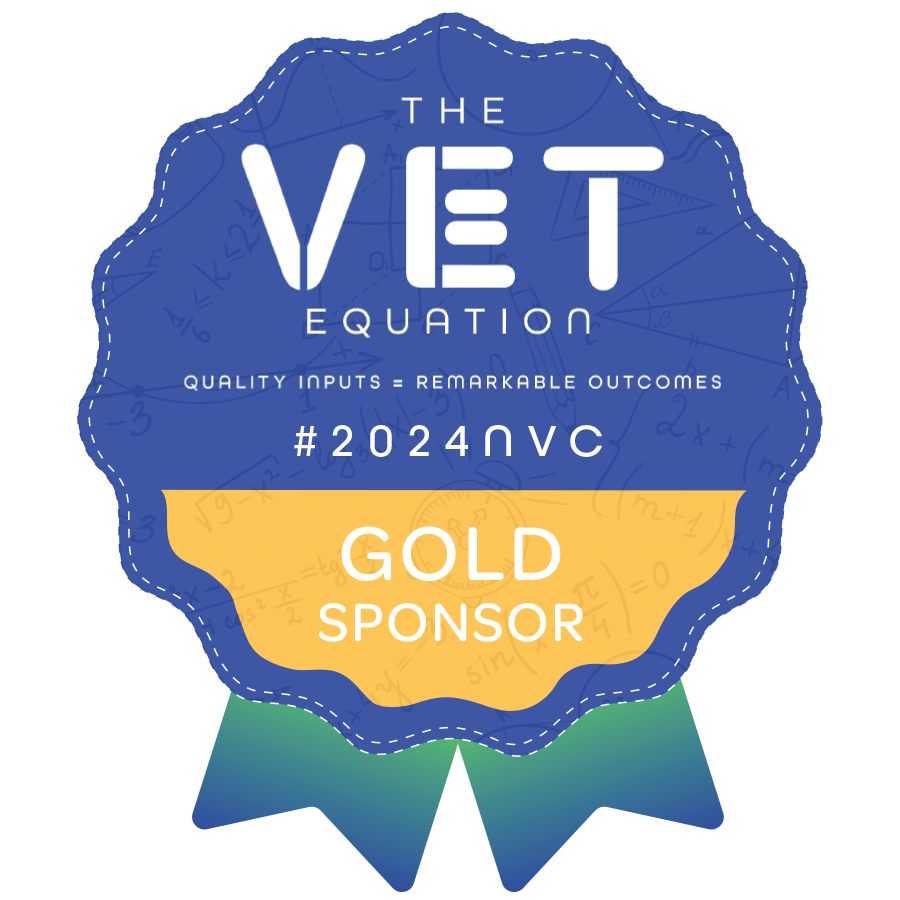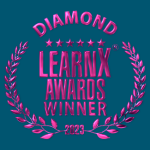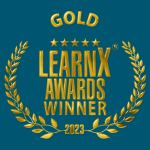Categories
Why RTO Works Believes in Using Real Life Case Studies for Assessment
Brooke Lombard
As the coordinator of resource development at RTO Works, I’ve seen the argument many times that business students should not have the option to base projects in their course on businesses that they either own or work for. This is usually based on the belief that real life situations are too variable to assess in a standardised way, which causes issues of fairness and validity.
However, in our 20 years in the industry, we’ve found quite the opposite is true. Allowing students to use business examples from their own lives – which are relevant and approved by a qualified assessor – can result in superior outcomes and encourage stronger critical thinking.




The double standard for business
Let me pose this question. Are those who are enrolled in community services qualifications all expected to prepare, complete and reflect on personal care activities for the same elderly person? Of course not. Each person throughout their career will come across unique clients and situations. By using standardised assessment tools – shared with the other students in their class – but basing their project on the unique people in their work placement, they get the chance to demonstrate that they take an individual-centred approach. This provides a unique evidence portfolio, which demonstrates that they can work through the assessment steps competently. We can apply this same example to any industry, i.e. if we were to ask art students to draw the same picture or for cookery students to prepare the same dish at their work placement. None of this would seem reasonable; why do many accept it for those in business qualifications? Expecting these students to work from the same corporate case study, produce the same answers, participate in a scripted role play and arrive at the same decision as 19 others in their class is nonsensical. It does not offer them the opportunity to experience and critically analyse real-world businesses. This can lead to students entering the corporate world without the ability to think laterally and apply their theoretical knowledge to diverse situations.



